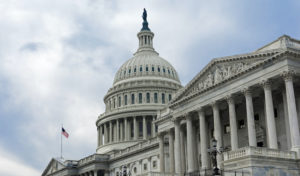Administrative Procedure Acts in Latin America
Administrative law faces unique challenges in Latin American “paper leviathans.”
Policymaking Accountability and the Emerging Authoritarian State
Changing norms about administrative appointments raise concerns about procedural fairness and accountability.
Policymaking Accountability in Nation States and International Bodies
Robust efforts to include the public in rulemaking are key to increasing democratic accountability.
Administrative Procedure in Europe
Comparative law scholars uncover similarities and differences in administrative procedure across Europe.
Administrative Law in Comparative Perspective
Around the world, administrative law promises to promote effective and legitimate government.
Refocusing Deportation Law
Scholar argues that prioritizing noncitizens convicted of crimes for deportation is unjustified.
Improving Regulatory Prediction
Scholars discuss how policymakers can help businesses predict future government action.
Reflections of an Unapologetic Safety Regulator
Leading U.S. consumer safety regulator reflects on his career and offers lessons for all regulatory professionals.
The Key to Rent Control
Scholars engage the ongoing debate on rent control regulation amid a global spike in housing costs.
Auditor Highlights Trump Administration’s Deregulatory Failure
A Government Accountability Office report finds that deregulatory executive orders had limited effects.
Can Courts Stop Hearing Processes Where the Agency Always Wins?
The Supreme Court will hear an important challenge to agency decision-making.
Walmart Threads the Needle on Separation-of-Powers Remedies
Walmart challenges the constitutionality of the FTC’s power to seek monetary or injunctive relief.












